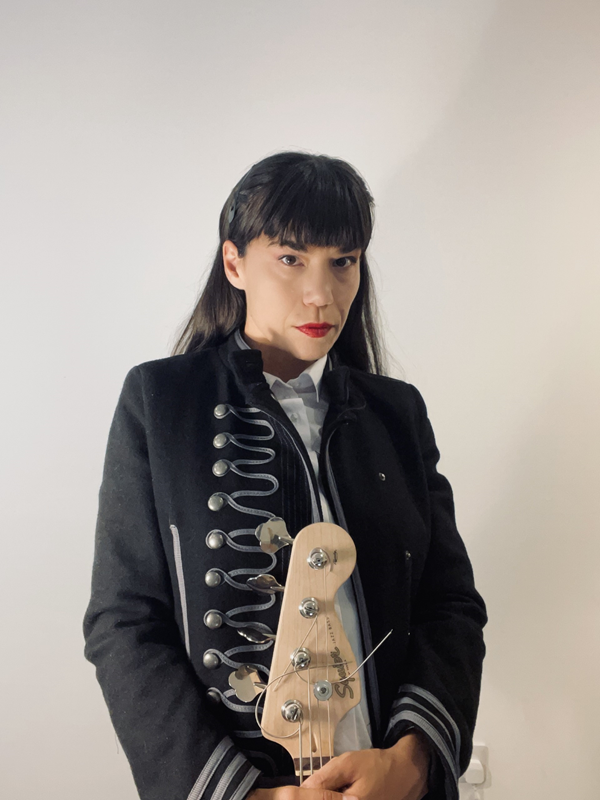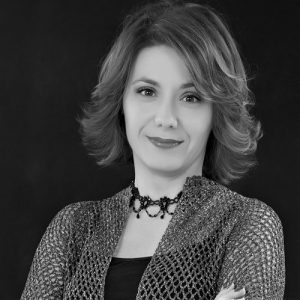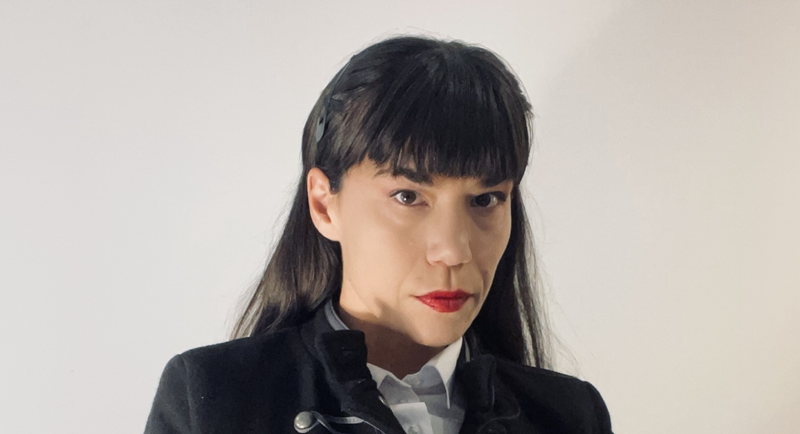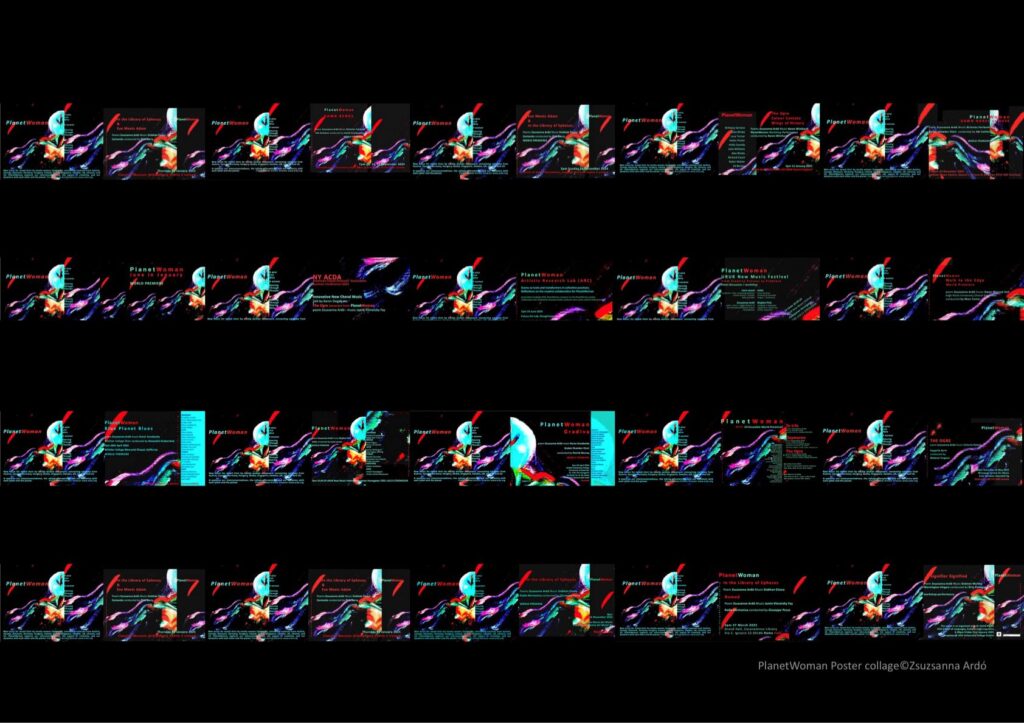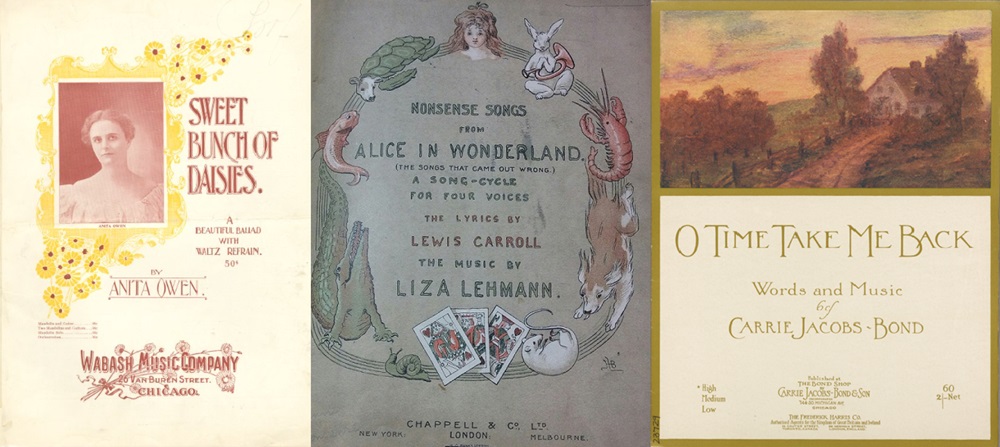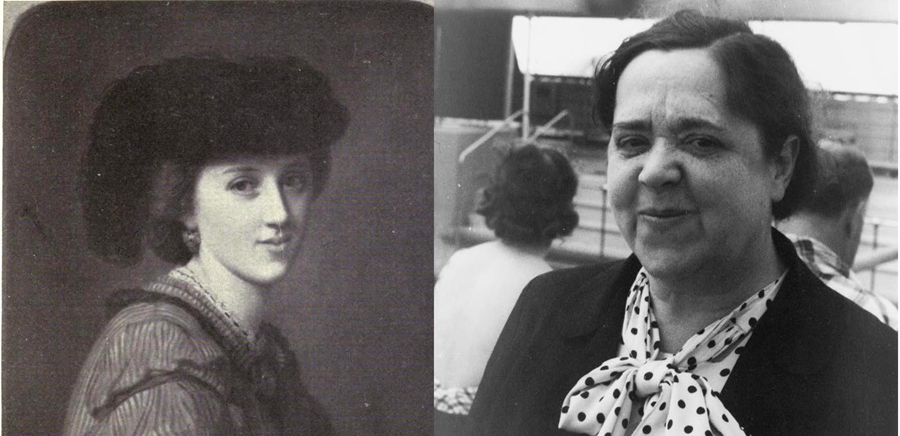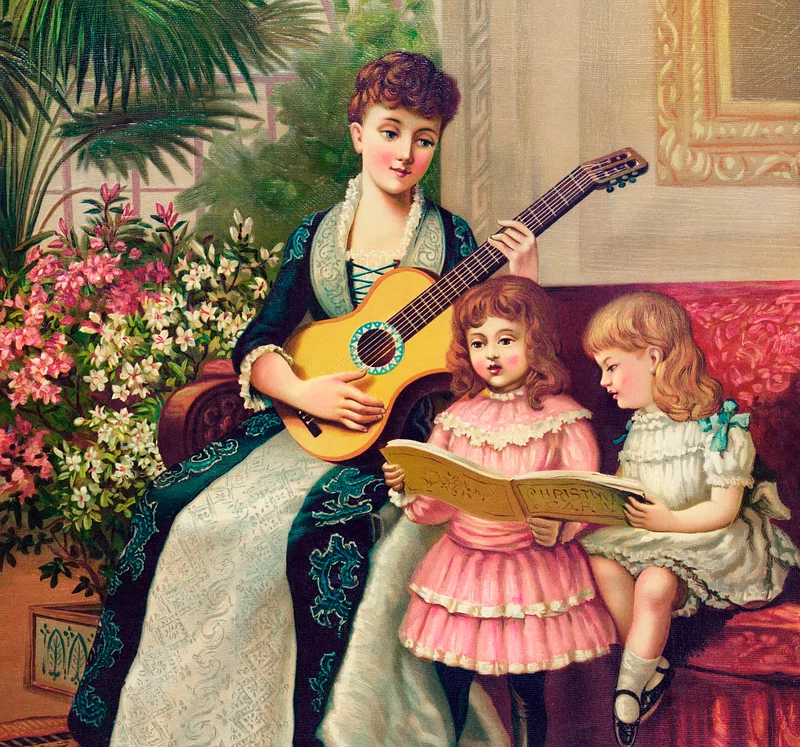It is not often that I get an ‘earworm’ from the piece of music I hear for the first time, and particularly an earworm that I want to keep listening to, but that is exactly what happened when I first heard Ophelia’s song composed by Jovana Backović. The song’s atmospheric opening intro, its seemingly simple, almost folk-like, yet hypnotically captivating, slightly eerie descending repetitive vocal line, and its ending anticipating Ophelia’s demise – these all captured not just my attention but the praise of critics too.
As I have known Jovana primarily through her work in other genres, I was also interested to hear more about her venture into theatre. I kept humming Ophelia’s tune, reminded regularly in other news that this year marked 400 years since the publication of Shakespeare’s First Folio in 1623, the first edition of his works containing thirty-six of his plays. When I saw an old clip of Helen Mirren talking of many of her Shakespearean roles and complaining of lack of ‘space’ given to Ophelia in the play, I was jolted into finally reaching out to Jovana.
VG: How did Ophelia’s song come to be?
JB: I was fortunate to be making sound and music for a Hamlet production by Lazarus Theatre Company, that played at Southwark Playhouse earlier this year (January 2023). I remember looking at the text and thinking that I’d like something that has folk influence, something that could fit right in as a soundtrack for The Wicker Man for example, this adaptation of Hamlet had plenty of dark undertones and I also wanted to emphasize Ophelia’s fragility and her descent into madness. Somehow, I heard the voice of Sandy Denny in my mind, and sat down to improvise. The song came out all in one go; I was lucky to nail the feeling I was after right away – it happens rarely!
I believe that my interest in folk music from all over the world stems from the search for that unique, archetypal sound, scale, melody. The name of the band ArHai, the duo I’m a part of that has been going for years now, comes from the Greek word Archi (αρχή), which means principle, beginning. Musically, that meant that the Western musical divide into major / minor is something that never really attracted me; melodies in so-called church modes and old scales have always held an immediate attraction and influence over me. I find them very cinematic. That’s why my favourite composers to date have all written for the big screen: Miklos Rozsa, Bernard Hermmann, Basil Poledouris, Wojciech Kilar, Zbigniew Preisner.
Here might be a good example:
VG: You wear many hats – performing and composing. How do you see the role of yourself as a contemporary composer nowadays?
JB: I think of myself as musician first, and that informs my approach and my attitude to composition as well. Whenever I sit to write something my first question is: would I, as a performer, enjoy this piece? Last year I was privileged to have my Concertino for Piano and orchestra premiered by RTS (Radio-Television of Serbia) Symphonic orchestra and the response from the performers afterwards was incredibly positive. The pianist, Neda Hofman, and the orchestra, conducted by Olivera Sekulic-Barac, did a wonderful job.
It strengthened me in the belief that music needs to mean something to people, maybe be a part of something else, in whichever context. It never can survive in a vacuum. That is why I enjoy working in the theatre so much; with the best productions, music becomes one more actor that helps deliver the story and becomes integral to the piece.
VG: There is a strong strain of interest in folk music weaving both through your works and performance; when did you develop it?
JB: My father is a folk musician, but it really wasn’t that that started it all; it was hearing the music of the Macedonian band Anastasia in the movie of Milcho Manchevski ‘Before the Rain’. I was a teenage girl and that tragic, quite Shakespearean love story between two people belonging to two opposing groups left a strong impression. I bought a cassette and that started an exploration of music and artists that use folk music in different, unexpected ways. ArHai’s most popular song to date is the Cyprian tune To Yasemi – although quite a departure from the traditional version.
VG: I have the same memories of watching that movie and its music as a teenager! I like how you draw a parallel to a Shakespearean love story, bringing me back to Ophelia and your work in theatre. Going back to Helen Mirren’s complaints of Ophelia’s ‘lack of lines’ in the play compared to Hamlet, I am curious to know if it was only Ophelia who had a stand-alone musical number in your musical score, and if so, how did the idea for it come about?
JB: Yes, it was only Ophelia singing in this particular adaptation, director Ricky Dykes wanted it to be a song from the start. As a stand-alone musical performance, it does what it’s meant to do – show her departure from ‘reality’ into her own fantasy world. I’m afraid there is a substantial imbalance in terms of Ophelia’s character presence in the play compared to her relative importance. As obvious as it might seem, it just proves that no matter how great and universal in the treatment of overall human condition Shakespeare undoubtedly is, his approach to female characters is still very much of his time.
VG: That’s a discussion that would need much more time and space than we have here! Is there an interesting project you’re working on now; other women’s voices whose stories you’re telling through music?
JB: At the moment, I’m submerged in the production of Biljana Srbljanovic’s play Family Stories, directed by amazing Nastazja Domaradzka for Bristol School of Acting. The subject is grim; and yet Nastazja’s vision makes it into something else, a surreal and often funny commentary on the dysfunctional family life and how ordinary people, often through lack of knowledge and understanding, enable terrific crimes committed in their names. A subject unfortunately very pertinent at this point in time. Music reflects this; I’m very proud of my contribution and hope to be able to release it sometime in the spring on all streaming platforms.
VG: Thank you so much for sharing your work with us, we look forward to hearing your musical reflection of Family Stories!
